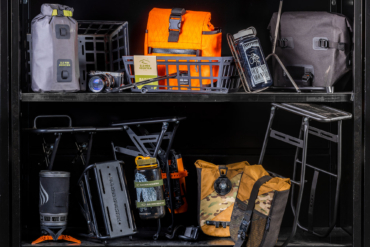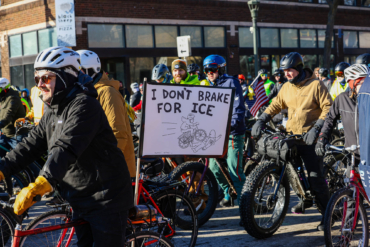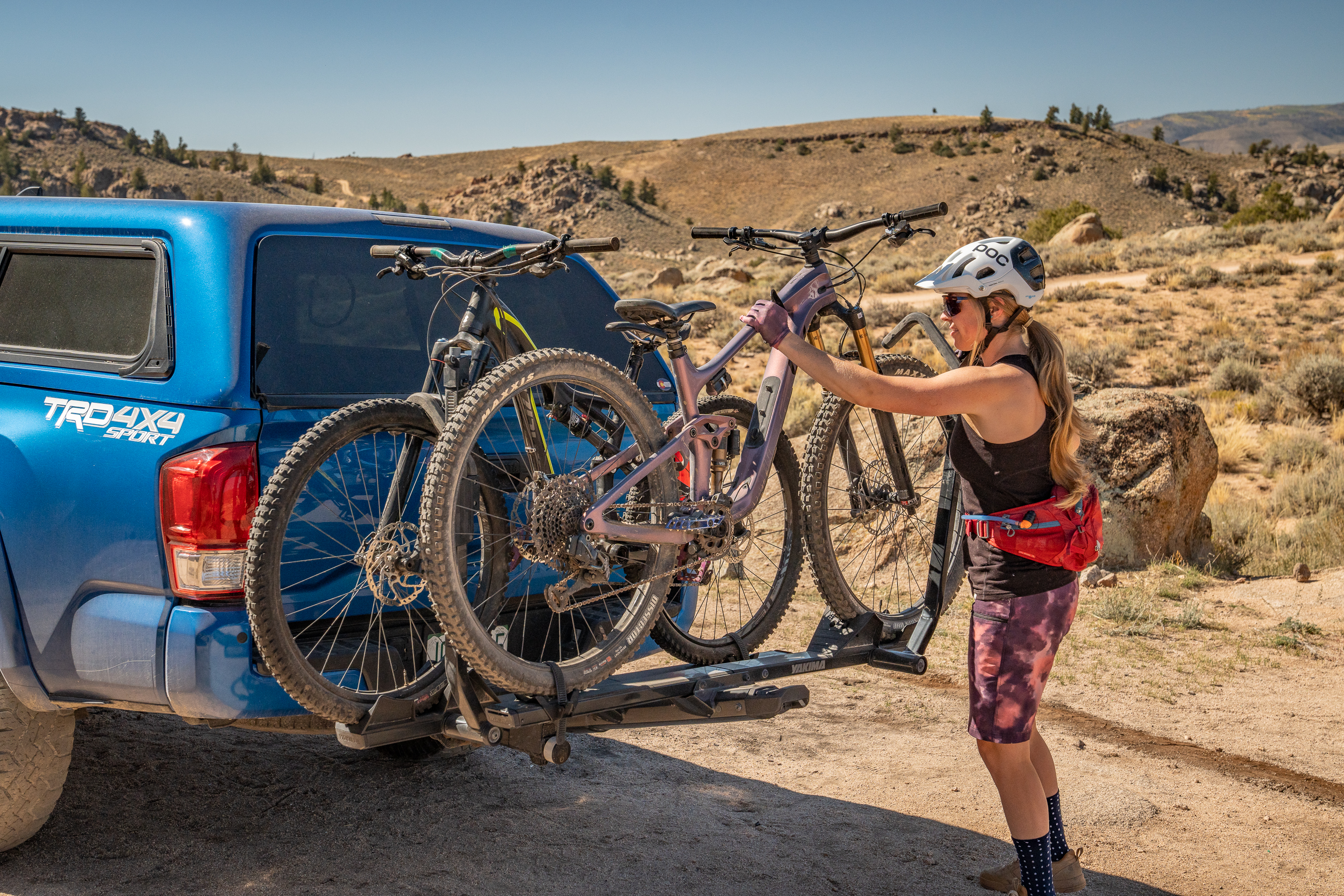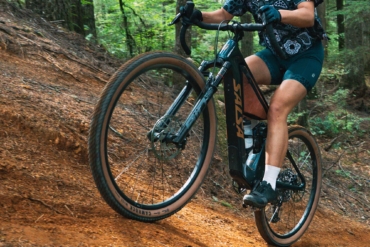Bikes are more intelligent than they’ve ever been. Are anti-lock braking systems (ABS) too much?
Even regular, non-electric bikes now come packed with high-tech features like wireless shifting and braking or integrated components that communicate with cycling computers, lights, and even radar. ABS add to this growing list.
E-bikes come with even more features. They have throttle levers, fancy display screens, and frames that can carry anything from a small family to a whole load of groceries.
When thinking about the next frontier for bikes, it’s tough to consider where the next big step in the industry will be. There are, however, clues.
E-bikes are bringing a whole segment of new riders into the fold, often on bikes built to carry heavy loads or commute in tricky urban environments.
For these larger, heavier bikes, anti-lock brake systems, ABS for short, may be one of the next vital features to make riding safer and more fun.
Bicycle ABS: An Introduction
Anyone who has spent time around cars or motorcycles knows the value of anti-lock brakes. ABS-equipped vehicles can save skin, bones, and lives in wet conditions or panic-induced moments. Anti-lock brakes ensure that the wheels of larger, motorized vehicles like cars and motorcycles do not lock up.
When wheels lock up, the result can be an out-of-control skid that can result in a crash. For motorcycles and bicycles, anti-lock technology prevents a complete lockout while also ensuring that the rear wheel does not come off the ground, resulting in a nasty trip over the bars.
People riding bikes are more likely to encounter mixed surfaces, not just pavement. Having a system to recognize changes in the road, and sense when a tire is slipping before it’s too late to correct, can pay significant dividends.
Bringing ABS to Bicycles
A few years ago, such a feature on a bicycle may have seemed a bit excessive, if not ridiculous. Many riders would probably contend that they would like to lock out the brakes in certain conditions, not just the riders ripping through town on fixies.
Even so, a few companies have dabbled in bringing ABS to cycling, with mixed results. Early designs were clunky and cumbersome, and some didn’t work well. And without a massive market of e-bikes ready for the upgrade, ABS seemed like more a boutique product than something practical.
That trend seems to be changing.
The recent and considerable trend toward e-bikes in the cycling community over the past few years may have created a sweet spot where ABS can shine.
New Bicycle Anti-Lock Braking Systems
Shimano earlier this year announced an ABS project in partnership with Blubrake. Likewise, Bosch also rolled out its own updated version of ABS.
Shimano and Blubrake’s system is available in integrated or frame-mount options to fit various bikes. Bosch offers a wide range of ABS modes, including cargo, touring, all-road, and trail, for a more refined system for particular riding styles.
Both systems are far less cumbersome than previous attempts and appear to perform as promised if YouTube videos showing riders slamming on the brakes without disastrous consequences are accurate.
Like ABS in cars, the systems automatically feather or pulse the brakes when the system detects a skid or lock-up. Both systems feature sensors to monitor wheel rotation and braking power. ABS will activate if they detect a lock-up or deceleration outside safe parameters.
The feature has profound implications for riders taking on singletrack or gravel.
In these environments, grabbing a brake hard is generally avoided. But with ABS, what could result in skittering or sliding could turn into a well-controlled slowdown, even for riders who don’t necessarily have the skill to feather brakes.
Who Is Bike ABS For?

Highly skilled riders may have a hard time accepting the idea of ABS. These highly experienced cyclists may want ultimate control of both wheels and may purposely lock a wheel in certain situations. These lock-ups can increase both speed and control for those with such skills.
The systems also will inevitably add weight to any bike.
But, for newer riders hopping on e-bikes or commuters looking for improved safety features, ABS can be a great option. For these cyclists, ABS can help compensate for lack of skill or aid in guarding against the plentiful distractions and obstacles common in urban commuting.
It is also a game-changer for those using e-bikes to replace cars. Hauling groceries, children, or pets adds a lot of weight to bikes, vastly increasing the skill and the forces placed on braking systems and tires. ABS can help with the more difficult and complex braking situations where a crash might be more disastrous than usual.
ABS seems like a feature that is ready to take off as e-bikes continue to rise in popularity. For the generalist, commuter, utility, or newer cyclists, ABS can improve the safety and enjoyment of riding.
Like all current technological improvements in the bicycle industry, logic points toward ABS becoming lighter, more effective, less intrusive, and more affordable. Time will tell whether most cyclists demand or desire ABS on their rides.








